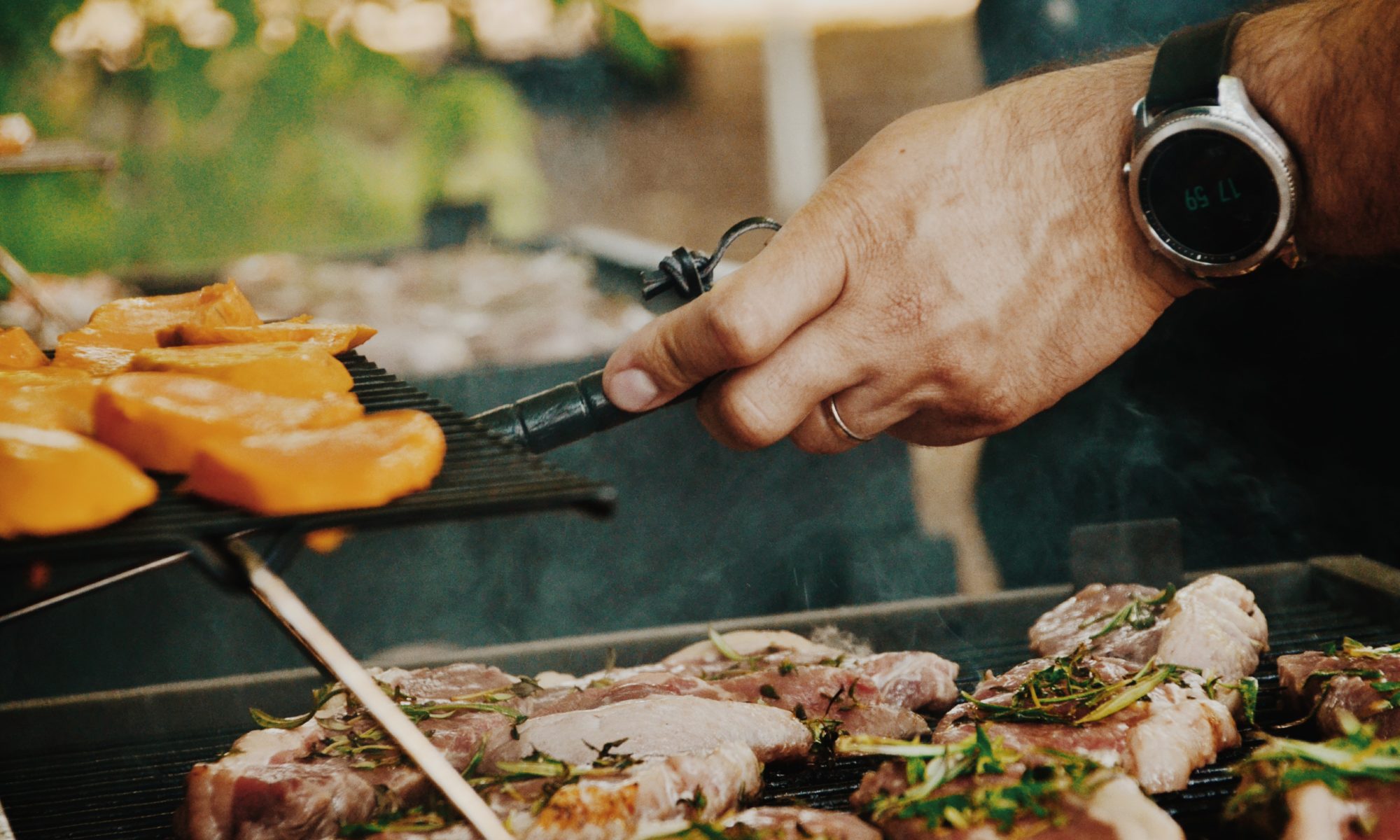
Enjoy Independence Day Cookouts While Following Food Safety Guidelines
KNOXVILLE, Tenn. – As more and more individuals across the nation are vaccinated against COVID-19, more and more families are planning reunions and get togethers to coincide with the July 4th holiday. Cookouts and grilling are popular ways to celebrate, and University of Tennessee Extension recommends food safety guidelines to follow to keep everyone safe while celebrating our country’s independence.
“The first step in food safety is following strict guidelines while shopping for ingredients and the trip home,” says Janie Burney, UT Extension nutrition specialist. “It is always best to make the grocery store the last stop before going home. This will help ensure food products do not fall outside of the safe temperature zones.”
Burney says to keep these suggestions in mind while shopping for and storing groceries:
– Shop for all meat, poultry and fish last.
– Inspect packaging to be sure it is not open, torn or damaged.
– Check expiration and sell-by dates. Meats should be frozen or cooked within one to two days of the sell-by date.
– Place any meat, poultry and fish in separate bags from other foods, such as vegetables and fruits.
– For transporting groceries home, place them in the coolest place the vehicle will allow. For a bus ride, bring a canvas tote or double bag cold items.
– During warm July days, get meats from the grocery store to a refrigerator within an hour. If this is not possible, bring a cooler and ice packs with you.
In the days leading up to July 4, it is important to allow enough time to safely defrost meat. Burney recommends defrosting meat in the refrigerator one to two days before July 4. Marinating meat is a popular way to add flavor, but certain guidelines should be followed. Meat should be marinated in the refrigerator and any additional marinade that will be used should be chilled and stored separately.
Once July 4 arrives, it is imperative to make sure the prepping and cooking areas along with utensils for preparing the food are properly cleaned. According to Burney, “This must be done before any food is prepared. Any person that will be handling food must wash their hands before and after with soap and warm water for 20 seconds. Ensure that any cutting boards, utensils and countertops have been washed with hot, soapy water.”
Burney states that it is also extremely important to have an additional cutting board for any raw meats to keep them separate from any other food products. Any utensils that come into contact with raw meat should not touch any other food products. While cooking meats, a meat thermometer is the only definitive way to be certain that the minimum food temperatures are met. Please refer to the chart below for correct internal cooking temperatures.
| Temperature | Food |
| 145 F | Beef, lamb, pork and veal steaks and roasts, medium rare (160 F for medium) Allow meat to rest for three minutes. Fish with fins. |
| 160 F | Ground meat and meat mixtures, egg dishes |
| 165 F | Ground turkey and chicken, all poultry, stuffing and casseroles, leftovers |
| Until flesh is pearly or white, and opaque | Shrimp, lobster, crab and scallops |
| Until shells open during cooking | Clams, oysters, mussels |
As the celebrations and cookouts come to an end, Burney also suggests that any perishable food items that have been out of a cooler or refrigerator for two hours or more should be thrown away. If the outside temperature is 90 F or more, that time is decreased to one hour.
UT Extension offers more resources for food safety guidelines and information about programs offered in your area. You can also contact your county Extension office.
Through its land-grant mission of research, teaching and extension, the University of Tennessee Institute of Agriculture touches lives and provides Real. Life. Solutions. utia.tennessee.edu.